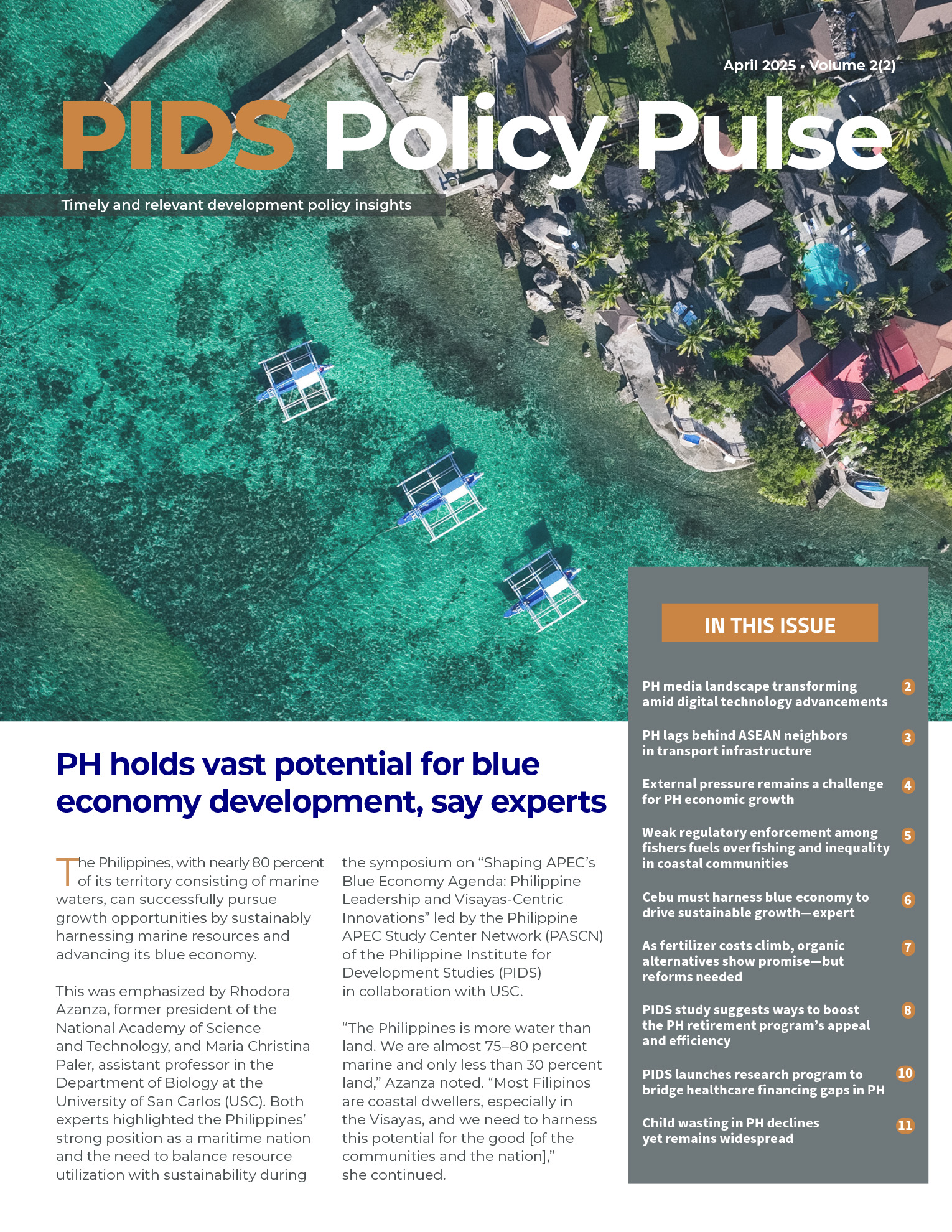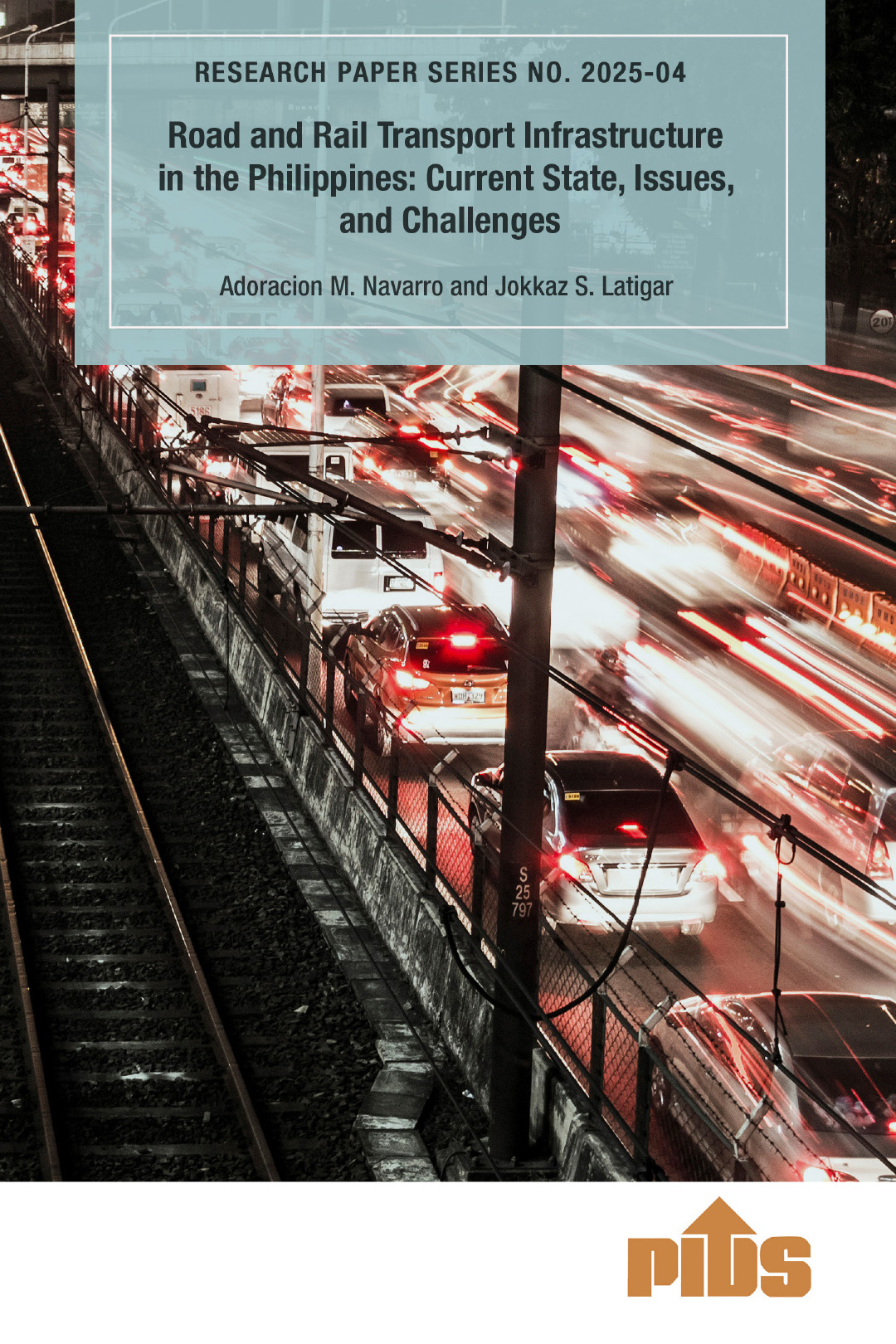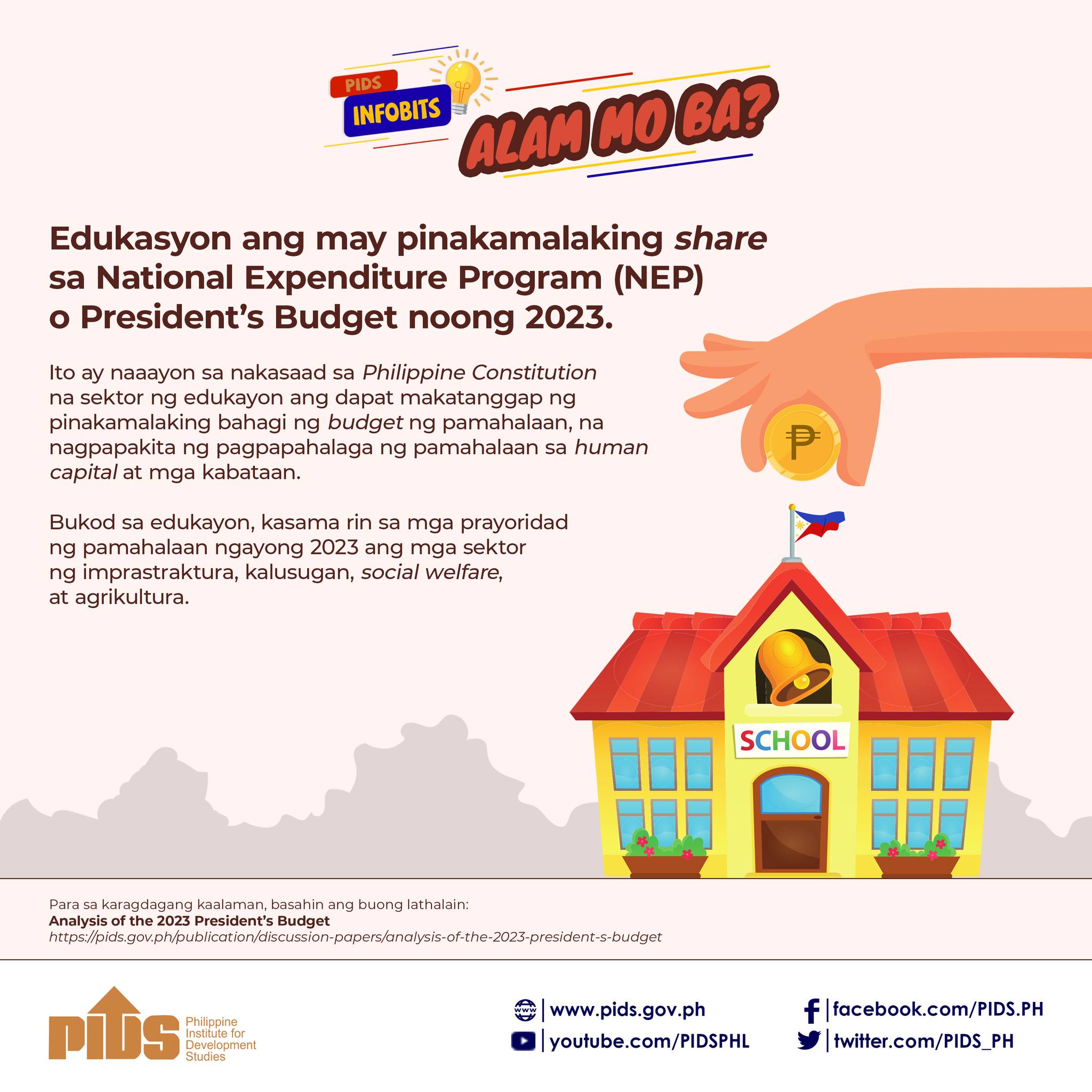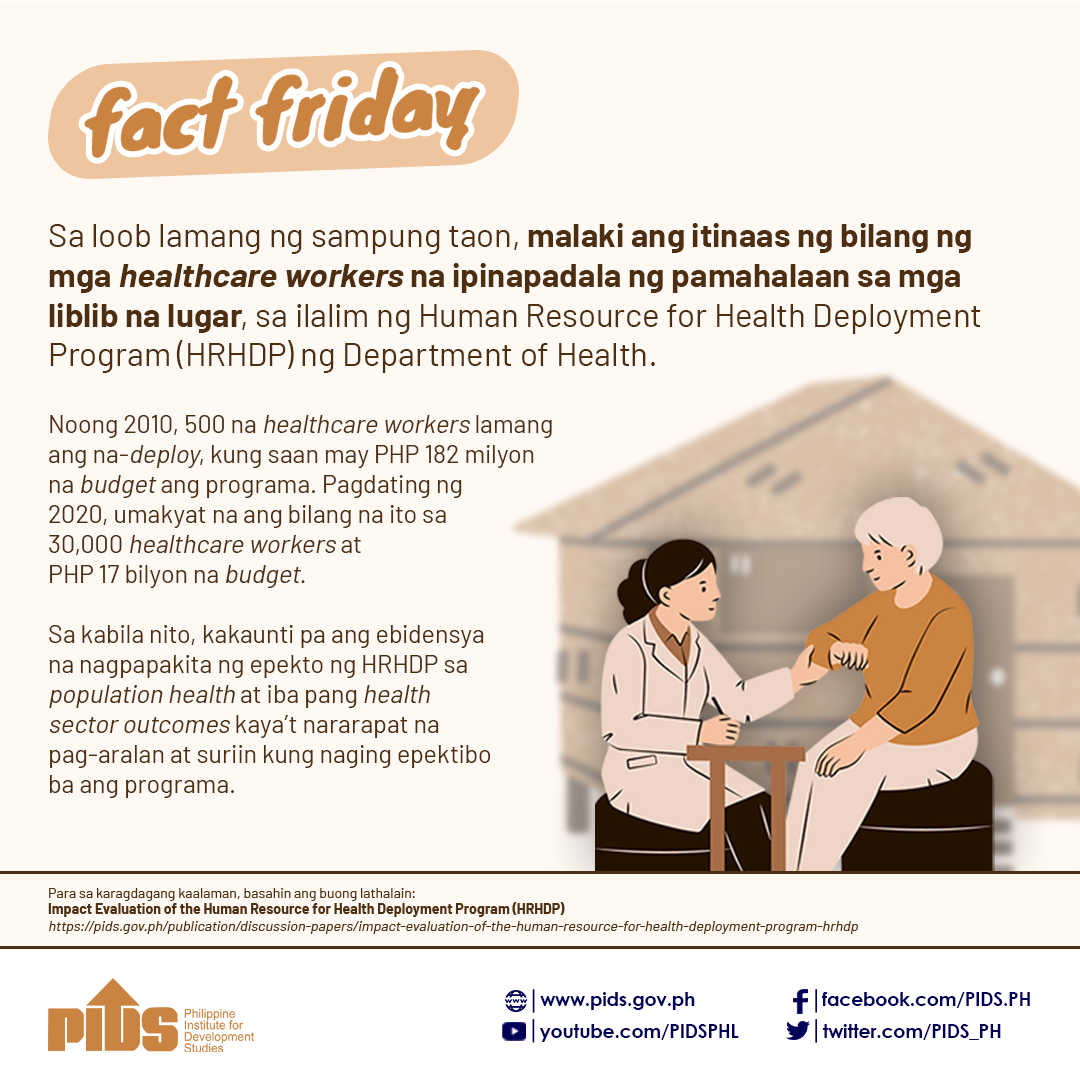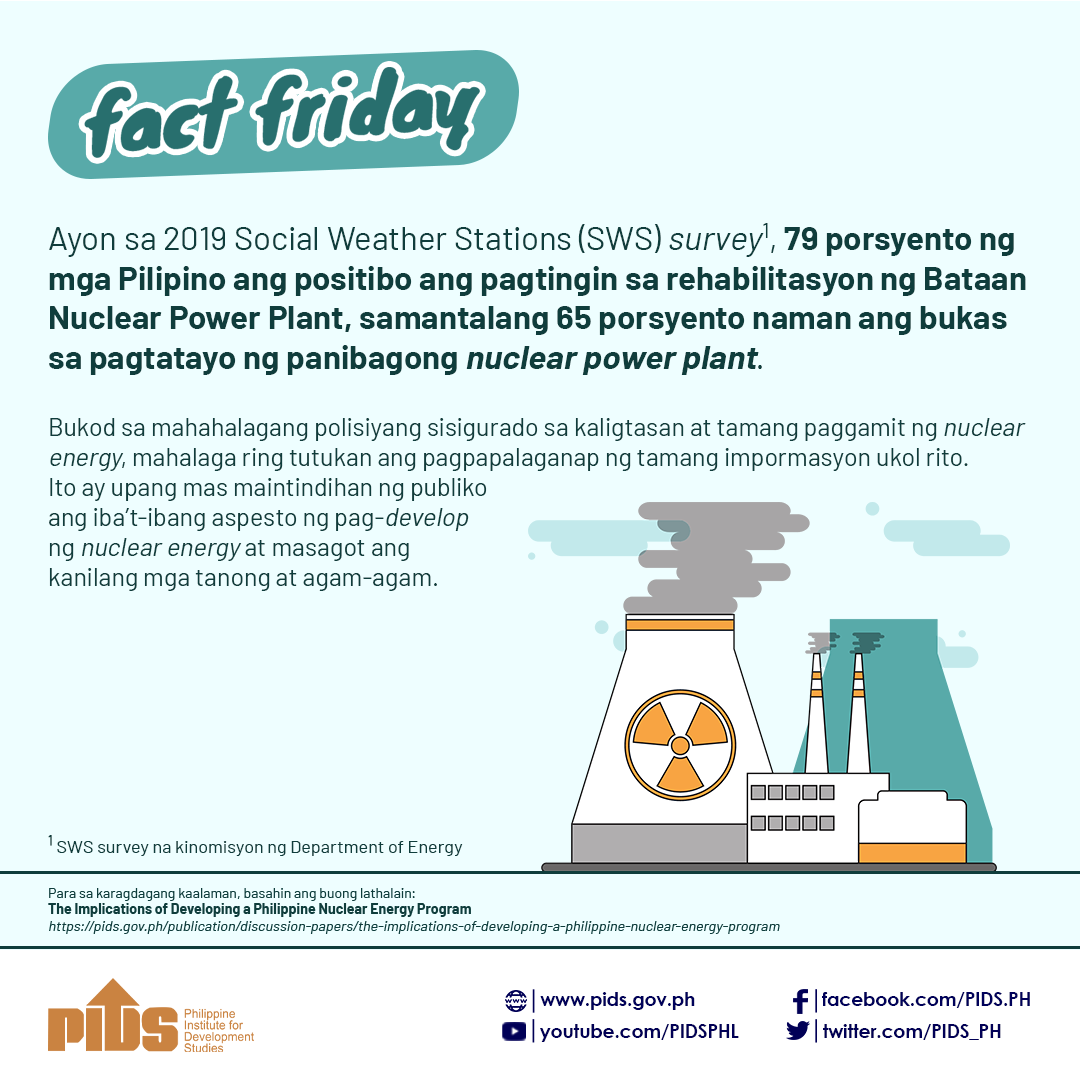THE GOVERNMENT’S conditional cash transfer program has mechanisms for rooting out ineligible beneficiaries from its database, the Department of Social Welfare and Development (DSWD) said.
Poor kids manage some shut-eye along the streets. -- AFP
"We have a Grievance Redress System (GRS) which captures and processes complaints about the program and the beneficiaries. Through this, we have already delisted more than 77,000 beneficiaries,” Secretary Corazon J. Soliman said in a statement. Ms. Soliman was responding to reports that the program, known as Pantawid Pamilyang Pilipino, allegedly suffers a leakage rate of 30%. The leakage data was attributed to a study by the Asian Development Bank (ADB).
Philippine Country Director Richard Bolt was quoted as saying in the statement that "the figure in the ‘Learning Lessons’ publication of ADB’s Independent Evaluation Department is sourced from a 2013 study done by the Philippine Institute of Development Studies (PIDS), which is based on 2009 data and earlier poverty targeting practices. It is unfortunate that this reference was not clear.” Mr. Bolt added that the problems related to beneficiary targeting raised in the PIDS report has been fully addressed by the DSWD and the conditional cash transfer program.
"As such, we are confident that the issue raised is no longer the case in the ongoing conditional cash transfer program,” Mr. Bolt said.
In a separate statement, the DSWD said it clarified with the ADB that the study in question was based on 2009 data.
"It has been six years since the data being referred to was generated. Then, we only had 700,000 household-beneficiaries. Now, we have expanded to more than 4.4 million. A number of steps have already been taken to address the problems that arose when it was still being started. Different institutions, including ADB, has even recognized the Department’s efforts in line with this,” she added.
Secretary Soliman shared that the department is currently conducting its second round of National Household Targeting System for Poverty Reduction (NHTS-PR) that will profile whether a household is poor, near-poor or non-poor through the indicators specified by the department.
"The NHTS-PR, or Listahanan, will help us determine who and where the poor are. After this second round of assessment, we should be able to get a registry of who should be included in our programs, particularly the Pantawid Pamilya,” she explained. --

